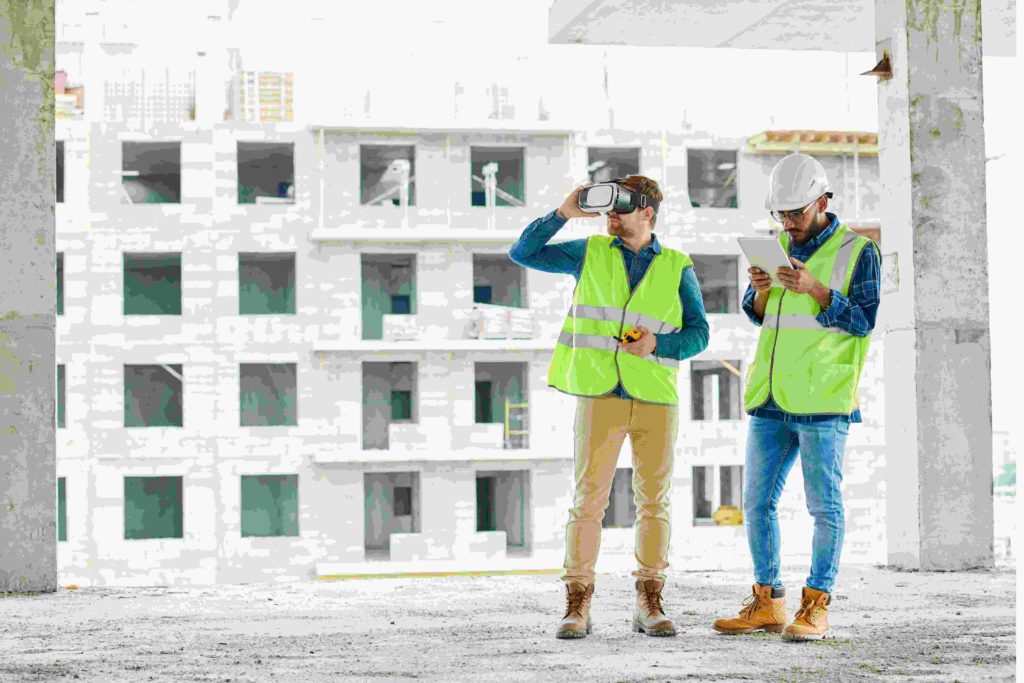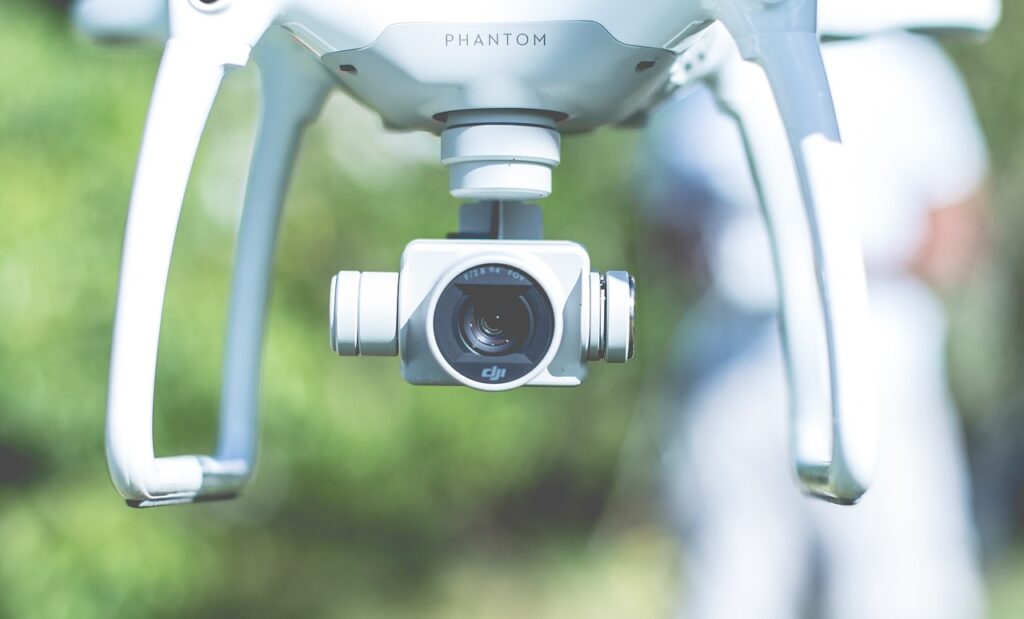10 Technology Trends Revolutionizing Real Estate in 2025
The real estate industry, traditionally seen as resistant to change, is undergoing a profound transformation thanks to technological advancements. From streamlining processes to enhancing customer experiences, technology is revolutionizing every aspect of the real estate sector. In this article, we will explore the various ways in which technology is reshaping the real estate industry, unlocking new opportunities, and empowering both professionals and clients alike.
1. Virtual Reality and Augmented Reality
Gone are the days of relying solely on static images and floor plans to showcase properties. Virtual reality and augmented reality technologies are revolutionizing the way properties are marketed and experienced.
Prospective buyers can now take virtual tours of properties from the comfort of their homes, immersing themselves in lifelike environments and visualizing spaces in unprecedented detail. This not only saves time and resources but also enables more informed decision-making. Virtual staging, for instance, allows real estate agents to digitally furnish and decorate properties, helping buyers envision the full potential of a space.
2. Blockchain in Property Transactions
Blockchain technology is revolutionizing the way real estate transactions are conducted, offering enhanced security, transparency, and efficiency. Smart contracts, powered by blockchain, facilitate seamless and tamper-proof property transactions, eliminating the need for intermediaries and reducing transaction costs.
Additionally, blockchain-based commercial real estate ensure the integrity of property records, mitigating fraud and streamlining title transfers. The immutable nature of blockchain ensures that once a transaction is recorded, it cannot be altered, providing a high level of trust and security for all parties involved.
3. AI-powered Property Management
AI-driven property management platforms are transforming the way properties are managed and maintained. By analyzing vast amounts of data, AI algorithms can predict maintenance needs, optimize energy consumption, and enhance tenant satisfaction.
Furthermore, AI-powered chatbots provide instant assistance to tenants and property owners, improving communication and resolving issues in real-time. Machine learning algorithms can analyze historical data to identify patterns and anomalies, allowing property managers to proactively address potential issues before they escalate.
4. Crowdfunding and Real Estate Investment Platforms
Technology has democratized real estate investment through crowdfunding platforms and real estate investment trusts (REITs). These platforms allow individual investors to pool their resources and invest in a diverse range of properties, from residential complexes to commercial developments.
By lowering the barriers to entry, these platforms offer investors greater flexibility and access to previously inaccessible investment opportunities. Real estate crowdfunding platforms provide investors with access to detailed property information, financial projections, and investment metrics, empowering them to make informed investment decisions.
5. Data-Driven Insights
In the digital age, data has emerged as a cornerstone of informed decision-making in real estate. Advanced analytics tools now allow professionals to harness vast amounts of data to gain valuable insights into market trends, pricing dynamics, and consumer preferences. By leveraging predictive analytics, stakeholders can anticipate market shifts, identify investment opportunities, optimize property valuations, and offer their clients comfortable cheap apartments in Lubbock, for instance, that might work for them perfectly!
6. Remote Work and Flexible Spaces
The rise of remote work has reshaped the demand for commercial real estate, with a growing emphasis on flexible workspaces and coworking environments. Technology plays a pivotal role in enabling remote collaboration and productivity, driving the demand for agile office solutions and innovative workspace designs.
As organizations embrace hybrid work models, the real estate industry must adapt to meet the evolving needs of businesses and workers alike. Coworking spaces equipped with high-speed internet, video conferencing facilities, and flexible lease terms cater to the needs of remote workers, freelancers, and small businesses seeking cost-effective and collaborative work environments.
7. Predictive Maintenance and Smart Buildings
The integration of IoT devices and sensors in buildings enables proactive maintenance and optimization of building operations. Smart buildings can automatically adjust lighting, heating, and ventilation systems based on occupancy levels and environmental conditions, enhancing energy efficiency and occupant comfort.
Predictive maintenance algorithms detect potential issues before they escalate, reducing downtime and costly repairs. IoT sensors collect real-time data on building performance, allowing property managers to identify inefficiencies and optimize resource usage for long-term sustainability.
8. Digital Transactions and Paperless Processes
Traditional paper-based transactions are becoming obsolete as digital platforms facilitate seamless property transactions and document management. E-signatures, digital contracts, and online transaction platforms streamline the buying, selling, and leasing process, eliminating the need for cumbersome paperwork and reducing administrative overhead.
This shift towards digital transactions enhances efficiency, transparency, and security throughout the transaction lifecycle. Digital transaction platforms offer secure document storage, version control, and audit trails, ensuring compliance with regulatory requirements and mitigating the risk of errors or fraud.
9. Drone-powered Property Inspection
Drones have revolutionized property inspections and surveys, offering aerial perspectives and detailed imagery that were previously inaccessible. Real estate professionals use drones to conduct property inspections, assess building conditions, and survey vast land parcels with speed and accuracy. This not only reduces the time and resources required for inspections but also enhances safety by minimizing the need for physical inspections in hazardous environments.
High-resolution aerial imagery captured by drones provides valuable insights into property features, topography, and surrounding landscapes, aiding in site selection, development planning, and marketing campaigns.
10. Big Data and Personalized Marketing
Big data analytics enable real estate professionals to personalize marketing efforts and target specific demographics with tailored messaging. By analyzing demographic data, online behavior, and social media interactions, marketers can identify potential buyers or renters and deliver targeted advertisements across digital channels. This data-driven approach maximizes marketing ROI and enhances the effectiveness of lead generation efforts.
Real estate marketing platforms leverage machine learning algorithms to analyze consumer preferences and behavior, enabling agents to craft personalized marketing campaigns that resonate with their target audience.
Conclusion
As technology continues to evolve at a rapid pace, the real estate industry must embrace innovation to remain competitive and meet the evolving needs of clients and stakeholders. By harnessing the power of data analytics, virtual reality, blockchain, AI, and other cutting-edge technologies, the industry can unlock new opportunities, streamline processes, and deliver unparalleled value to buyers, sellers, investors, and tenants alike.
The future of real estate is digital, and those who embrace technological innovation will lead the way toward a more efficient, transparent, and sustainable real estate ecosystem. From predictive analytics to virtual tours and blockchain transactions, technology is reshaping the real estate landscape, ushering in a new era of innovation and opportunity.





2 thoughts on “10 Technology Trends Revolutionizing Real Estate in 2025”